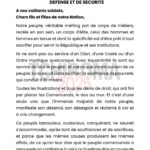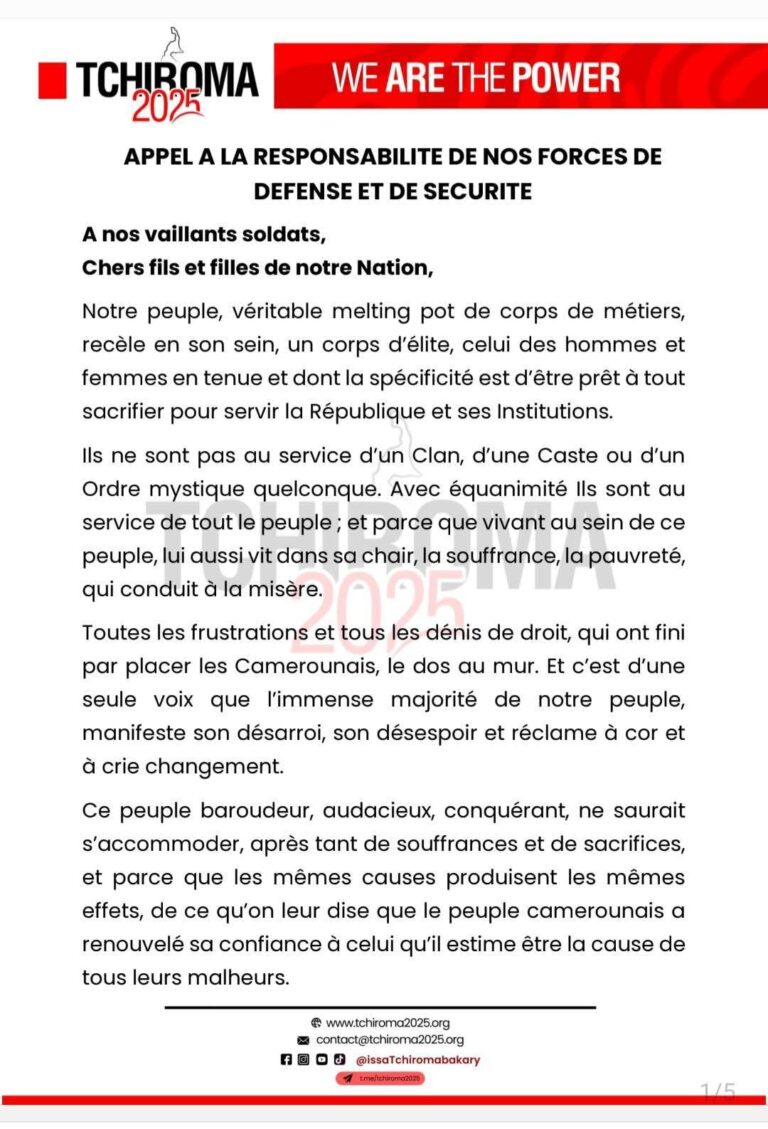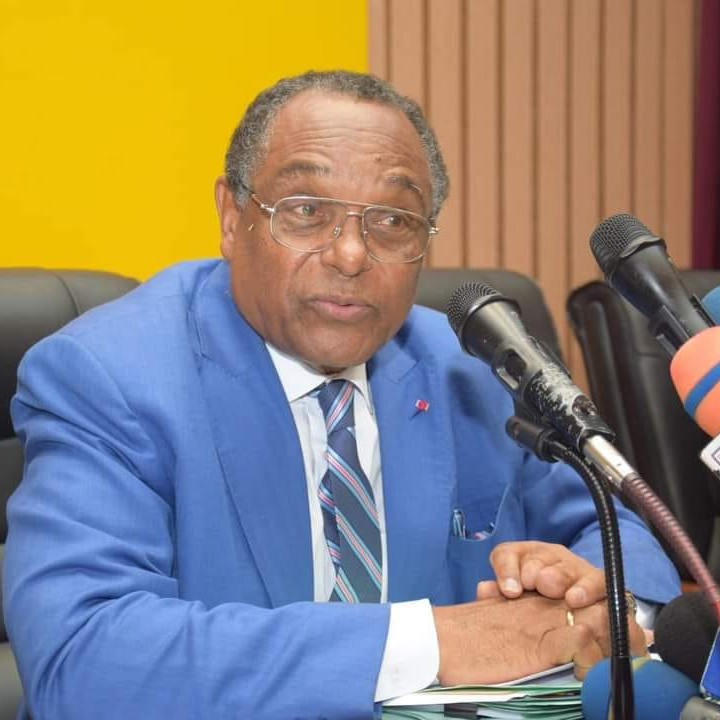
- The Auditor-General’s (AG) office tabled its latest review of KwaZulu-Natal departments on Thursday.
- The troubled provincial Department of Education has not improved its audit, while the provincial Department of Cooperative Governance and Traditional Affairs’ audit rating has regressed.
- The AG found 18 material irregularities in the departments, and the recurring theme is that there are weak oversight mechanisms in the departments.
At least 18 material irregularities related to non-compliance and suspected fraud have been identified by the Auditor-General (AG) in the KwaZulu-Natal provincial departments’ 2024/25 financial year review.
The “misuse of material public resource” has resulted in “substantial harm to the general public”.
Only two cases relating to non-compliance and suspected fraud have been resolved. So far, the government has recovered R21 million.
This according to a damning AG report titled “Audit outcomes for the 2024/25 financial year: Status of material irregularities as of 31 August 2025”.
Although the report does not specify the total amount lost to material irregularities and suspected fraud, it mentions that R21.1 million has been recovered, prevented, or is being recovered.
The report said 14 of the cases had been resolved, while appropriate actions were being taken in another two, with one case not being pursued further.
In one case, the AG’s office is “assessing action”.
However, it was not all doom and gloom.
The report highlights 11 internal control systems that have been improved to prevent recurrence in the departments.
The AG’s report added that 49 responsible officials were identified, and disciplinary processes were completed or were being processed.
READ | AG lashes KZN municipalities for poor financial reports despite R220m paid to consultants
Three fraud or criminal investigations have been triggered.
“One supplier or contract [was] stopped where money was being lost,” the report said.
Oversight issues
It added: “The overall audit outcomes indicate a net regression. The [Department of] Agriculture improved to a clean audit; however, oversight over its 100%-owned public entity, the Agri Business Development Trust, was not effective, as this entity was qualified and had an MI [material irregularity] on payments made to beneficiaries.
In contrast, the Department of Health regressed to a qualified audit opinion due to management’s slow response in addressing control weaknesses related to irregular expenditure and asset management.
“Furthermore, Cogta [Cooperative Governance and Traditional Affairs] experienced a decline to an unqualified opinion with findings, primarily due to its failure to pay creditors within the required timeframe, and the [Department of ] Education continued to be qualified on completeness [sic] of irregular expenditure.”
The AG noted that the submission of financial statements by the legislated date of 15 September had regressed from 100 to 95% compared to the previous administration’s final year of 2024/25.
The AG issued a call to the provincial government: “Discipline the spend. Fix the basics. Improve delivery in KwaZulu-Natal.”
The report recommended that accounting officials must make sure that human resource and performance management policies are applied consistently and decisively.
It added: “Persistent non-compliance by officials should trigger direct accountability measures, including recovery of losses suffered by the state.”
The report lambasted the departments’ lack of investment in information, communication and technology (ICT) and criticised them for only seeing them as “merely a support function”.
The report encouraged the filling of critical chief information officer roles and elevating their strategic influence within departments, saying that this would enhance the ICT capacity.
The Standing Committee on Public Accounts and relevant portfolio committees were asked to demand regular reporting on consequence management outcomes to reinforce deterrence and credibility.
“The audit committees and internal audit units must strongly monitor emerging risks and implementation of their recommendations,” the report said.
It added:
Departments with the greatest impact on service delivery [such as education, health, transport, and human settlements] should be placed under enhanced and regular monitoring.
This finding comes at a time when the ANC expressed its displeasure about what it perceives to be a campaign against it by its government of provincial unity (GPU) partners, the DA and IFP.
Provincial Finance MEC Francois Rodgers invoked Section 18 against the provincial education department, essentially taking over some parts of the budgeting process from this ANC-led department.
KwaZulu-Natal Premier Thami Ntuli recently placed the provincial transport department’s head of department, Siboniso Mbhele, on suspension in connection with a R672-million public transport tender.
These two actions, and others, caused ructions in the GPU.
READ MORE | Youth league calls on ANC to quit unity government in KZN
Meanwhile, the report also recommended that the provincial Cabinet and the portfolio committees review performance improvement plans and progress against agreed-upon milestones on a quarterly basis, intervening early where regression is evident to prevent further setbacks in service delivery.
“The quality of monthly and in-year financial reporting must be significantly improved and linked to real-time oversight of cash flow and supplier payment compliance,” the report said.
“Provincial treasury should implement targeted controls, such as ringfencing funds for critical infrastructure projects, ensuring procurement is supported by available cash, and processing invoices promptly to prevent arrears or accruals.”
The KwaZulu-Natal Nature Conservation Board failed to make submissions, while the Development Finance Corporation and Ithala Soc are “outstanding due to various contingent legal matters”.
READ | KZN municipalities struggle with governance, financial instability, AG report shows
The Department of Agriculture and Rural Development improved to achieve an unqualified audit with no findings, joining the provincial treasury, legislature, Office of the Premier, Economic Development, Environmental Affairs and Tourism, the Housing Fund and the Dube Tradeport in their unchanged status of an unqualified audit with no findings.
The Department of Cooperative Governance and Traditional Affairs “regressed” to an unqualified audit with findings.
The departments of public works; community safety and liaison; social development; sports, arts and culture; human settlements; and transport all maintained their qualified-with-findings audit.
The health department regressed to a qualified audit with findings, joining the education department, which maintained the status from the previous financial year.








